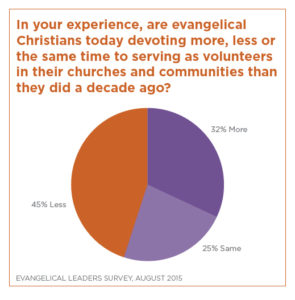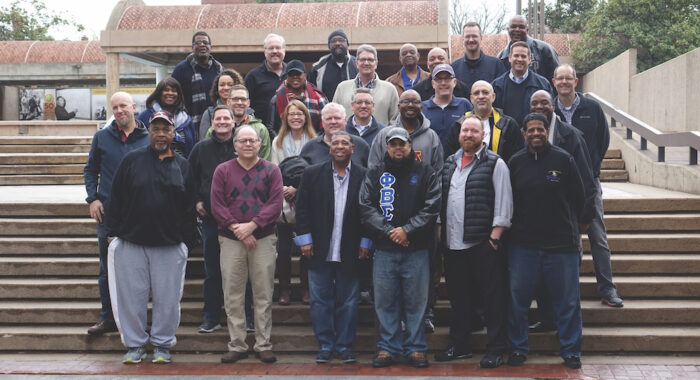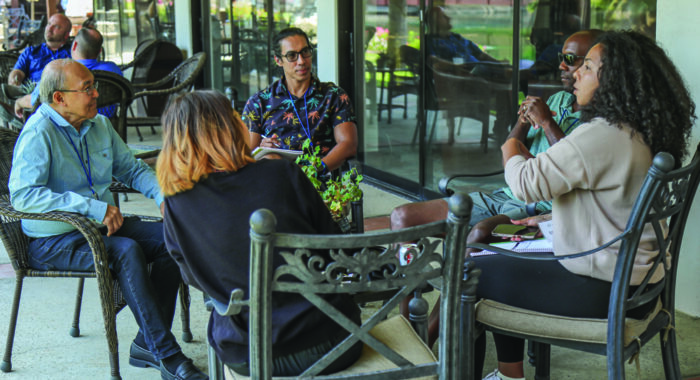

“What surprised me about the Evangelical Leaders Survey was not the findings, but that nearly two thirds shared their thoughts about volunteerism among evangelicals — many using several paragraphs,” said Leith Anderson, president of the National Association of Evangelicals (NAE). “Clearly this is a significant topic of interest among church and ministry leaders.”
Anderson’s new book “The Volunteer Church” helps pastors and ministry leaders know how to manage and empower those in volunteer ministry positions.
Ron Hamilton, conference minister of the Conservative Congregational Christian Conference, said, “Churches with a highly engaged membership who regularly volunteer are growing, and churches with a limited involvement are in decline.”
Anderson said, “At their core, churches are volunteer organizations. Even if they can, most churches should not replace their volunteers with hired employees. The act of volunteering is an expression of worship, it serves people, and it builds relationships.”
Leaders noted the popularity of short-term missions, awareness from social media campaigns and an increasing desire among young people to make tangible difference as having an impact on the increase of volunteer engagements. Winnie Bartel, representative of Mennonite Brethren Church, said, “The volunteer ‘market’ is smarter now and has created avenues for even full-time employed people to volunteer somehow and somewhere.”
Evangelical leaders shared potential barriers to volunteering, including time demands, busy family schedules, less commitment to the local church, and a growing hesitancy to commit to long-term positions (e.g., teach Sunday School for one year).
To address the concerns of busy church members, Kevin McBride, pastor of Raymond Baptist Church in Raymond, New Hampshire, recommends offering well defined volunteer opportunities. “People are much more receptive to targeted volunteer requests with specific job descriptions, time requirements and duration of service needed. For example, ‘We need one teacher for eight weeks. It will require one hour of preparation and one hour of teaching each week.’”
Scott Ridout, president of Converge Worldwide, said, “I see greater effectiveness in churches that have included serving as part of their definition of maturity, defined it as a value and have developed a clear, accessible pathway to involvement. The service capacities of any church are greatly influenced by their leadership.”
The Evangelical Leaders Survey is a monthly poll of the Board of Directors of the National Association of Evangelicals. They include the CEOs of denominations and representatives of a broad array of evangelical organizations including missions, universities, publishers and churches.



 View All Surveys
View All Surveys 




























